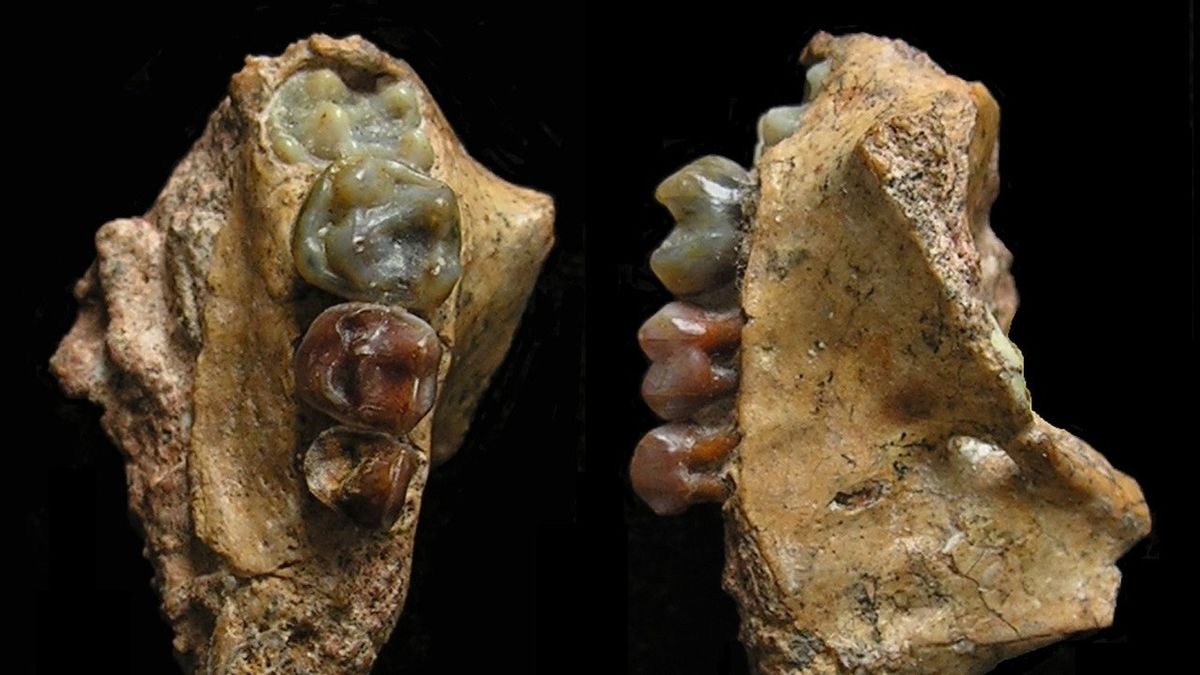JAKARTA - Scientists recently discovered an ape fossil that is claimed to be the earliest species in the Yuanmou area in Yunnan Province, China.
The discovery is claimed to help fill in evolutionary gaps that are difficult to understand in ape history. The ape fossil found is smaller than the other monkeys.
According to scientists, this fossil is part of a family of hylobid monkeys that are often called small monkeys and has 20 species of live monkeys.
The fossil of the small ape is called the Yuanmou pichecus xiaoyuan. Scientists say the fossil is the same size as a modern ape, and weighs about 13 pounds.
Allegedly, the monkey died at the age of two. Scientists confirmed this after analyzing the teeth and skull specimens of the Yuanmou Pithecus, including the upper jaw.
"Gigi and the lower face of Yuanmou pythecus are very similar to modern apes, but in some features, fossil species are more primitive and suggest that they are the ancestors of all living ape species," said study co-author Terry Harrison as quoted by Tech Explorist, Thursday, September 15.
"A genetic study shows that hyloboids deviate from the lineage that led to large monkeys and humans about 17 to 22 million years ago, so there are still 10 million years gaps in fossil records that need to be filled," he added.
In addition, scientists say evidence of definitive fossils from the history of hylobaid evolution was unknown before the Early Pleistocene era. Kera is believed to be the fastest of all mammals living in trees and not flying.
The remains of the Hylobatid fossil are extremely rare, and most of the specimens are isolated teeth and separate jawbones found at cave sites in southern China and Southeast Asia aged no more than 2 million years ago, said Harrison.
"These new findings expand the record of hyloboid fossils returning to 7 to 8 million years ago and, more specifically, increasing our understanding of the evolution of this ape family," he added.
The English, Chinese, Japanese, Arabic, and French versions are automatically generated by the AI. So there may still be inaccuracies in translating, please always see Indonesian as our main language. (system supported by DigitalSiber.id)












